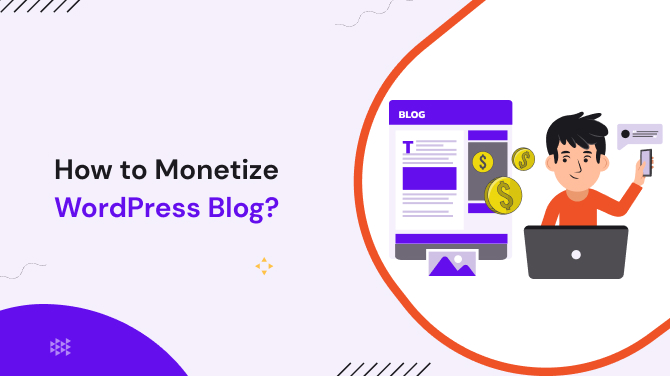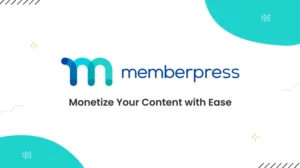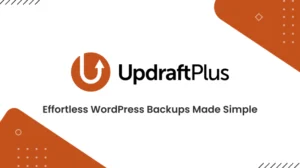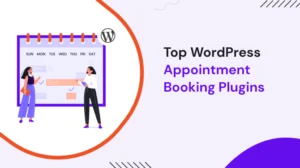Introduction: How to Monetize a WordPress blog,
WordPress has emerged as a popular platform for creating and managing blogs due to its user-friendly interface and robust features. Whether you’re a hobbyist or an aspiring entrepreneur, monetizing your WordPress blog can provide a sustainable income stream. In this article, we’ll explore effective strategies and techniques to help you monetize a WordPress blog and turn your passion into a profitable venture.
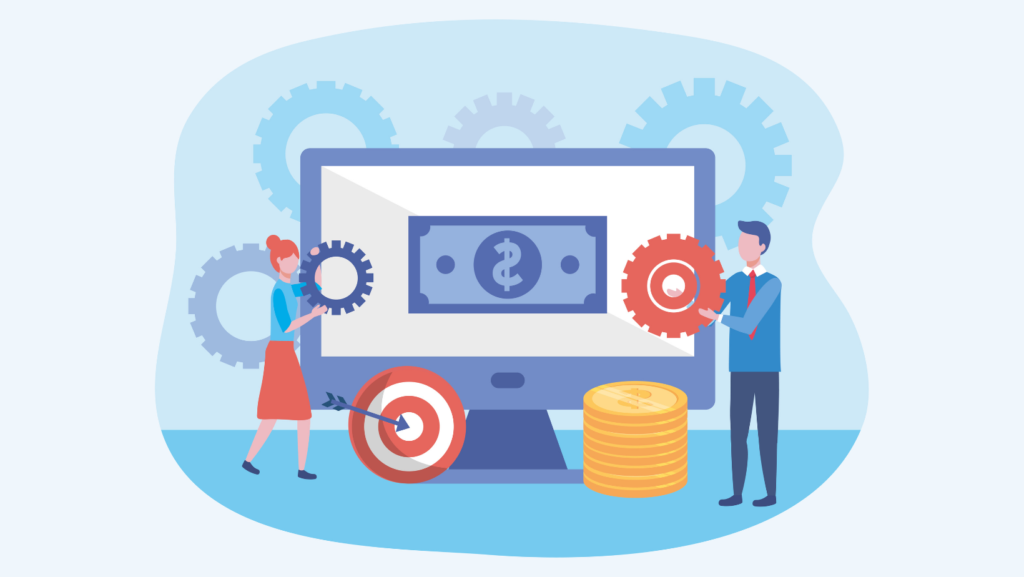
Choosing the Specific Niche
The first step in monetizing your WordPress blog is selecting a niche that resonates with your interests and has the potential for profitability. It’s crucial to research popular niches and identify areas where you can provide unique value. By combining your expertise and passion, you can create content that attracts a dedicated audience.
Creating Valuable & Quality Content
High-quality and engaging content forms the backbone of a successful monetized blog. To generate content ideas, consider your target audience’s pain points, interests, and needs. Brainstorming sessions and keyword research can help uncover relevant topics that will resonate with your readers and attract organic traffic.
When creating blog posts, focus on writing SEO-friendly content. This involves incorporating relevant keywords, optimising headings and subheadings, and using descriptive meta tags. By following SEO best practices, you increase your blog’s visibility in search engine results, driving more organic traffic to your site.
Building an Audience
To monetize a WordPress blog effectively, you need a substantial and engaged audience. Promoting your blog and attracting visitors can be achieved through various techniques. Leveraging social media platforms to share your content, engage with your audience, and participate in relevant online communities can significantly boost your blog’s visibility.
Additionally, consider implementing email marketing campaigns to nurture relationships with your readers. Offering valuable content upgrades or exclusive access to premium resources can encourage visitors to subscribe to your mailing list, allowing you to communicate directly with them.
Check Monetization Options
Once you have built a substantial audience, it’s time to explore different monetization methods for your WordPress blog. Advertising through display ads and participating in affiliate marketing programs are popular choices. Display ads, such as those offered by Google AdSense, can generate revenue based on impressions and clicks. By strategically placing these ads throughout your blog, you can maximise their visibility and potential earnings.
Affiliate marketing involves promoting products or services and earning a commission for each sale or referral made through your blog. Joining relevant affiliate programs and strategically integrating affiliate links within your content can generate passive income as your audience makes purchases based on your recommendations.
Another monetization option is selling digital products or services directly from your WordPress blog. Whether it’s ebooks, online courses, or premium content, offering valuable resources to your audience can generate significant revenue. Platforms like WooCommerce make it easy to set up an online store and handle transactions securely.
Sponsored content and partnerships can also be lucrative ways to monetize a WordPress blog. Collaborating with brands that align with your niche and audience can result in sponsored blog posts, product reviews, or brand partnerships. These collaborations not only provide financial compensation but also enhance your credibility and attract new followers.
Implementing Monetization Strategies to Earn more
To effectively implement monetization strategies on your WordPress blog, start by setting up Google AdSense and optimizing ad placements. Experiment with different ad formats and locations to find the best combination that maximizes earnings without compromising user experience.
Research and join relevant affiliate programs that align with your blog’s niche. Look for products or services that resonate with your audience and have a track record of high conversions. Incorporate affiliate links naturally within your content, providing genuine recommendations and adding value to your readers’ experience.
If you choose to sell digital products or services, utilize platforms like WooCommerce to set up a seamless online store. Invest time and effort into creating high-quality offerings that solve your audience’s problems or provide unique insights. Market your products through your blog, social media, and email campaigns to drive sales.
Analyzing and Optimizing Performance
To ensure the success of your monetization efforts, it’s crucial to track and analyze your blog’s performance. Utilize analytics tools like Google Analytics to measure important metrics such as website traffic, engagement levels, and conversion rates. These insights will help you identify areas for improvement and make data-driven decisions.
Pay attention to which monetization strategies are performing well and generating the most revenue. Make adjustments to your content creation and promotion strategies based on the results. Continuously optimize your blog by experimenting with different approaches, monitoring the results, and fine-tuning your tactics.
Scaling and Diversifying Income
As your WordPress blog gains traction and starts generating income, consider scaling and diversifying your revenue streams. Explore additional monetization avenues such as creating and selling physical products, hosting live events or webinars, or offering consulting services. Diversifying your income sources will not only increase your overall earnings but also provide a safety net in case one stream underperforms.
Collaborations and joint ventures with other bloggers or industry influencers can also open up new opportunities for growth and monetization. By pooling resources and combining audiences, you can reach a wider demographic and tap into new markets.
Few Last Words,
Monetizing a WordPress blog requires a strategic approach that combines valuable content creation, audience building, and implementing effective monetization strategies. By choosing a profitable niche, consistently producing high-quality content, and exploring various monetization options, you can turn your blog into a sustainable source of income.
Remember to continuously analyze and optimize your blog’s performance, scale your income streams, and diversify your revenue sources. With dedication, creativity, and persistence, you can transform your WordPress blog into a thriving business that generates income while providing value to your audience.
Frequently Raised Questions:
- Can I monetize a WordPress blog from day one?
Yes, you can start monetizing your WordPress blog from day one. However, it’s important to focus on building valuable content and growing your audience first to maximize your earning potential.
- How long does it take to monetize a WordPress blog?
The time it takes to monetize a WordPress blog varies depending on various factors such as niche, content quality, audience engagement, and promotion strategies. It can take anywhere from a few months to a year or more to start generating significant income.
- Is it necessary to have a large audience to monetize a WordPress blog?
While having a large audience certainly helps in generating more income, it’s not the sole determinant of successful monetization. Even with a smaller but highly engaged and targeted audience, you can still monetize a blog effectively. - Can I use multiple monetization methods on my WordPress blog?
Absolutely! Diversifying your income streams by incorporating multiple monetization methods is a smart approach. You can combine display ads, affiliate marketing, selling digital products, sponsored content, and other strategies to maximize your earnings. - Should I disclose sponsored content on my WordPress blog?
Yes, it’s essential to disclose any sponsored content or brand partnerships on your blog to maintain transparency and trust with your audience. Indicate when a post or review is sponsored to ensure ethical blogging practices.
Read our other insightful blogs here:
